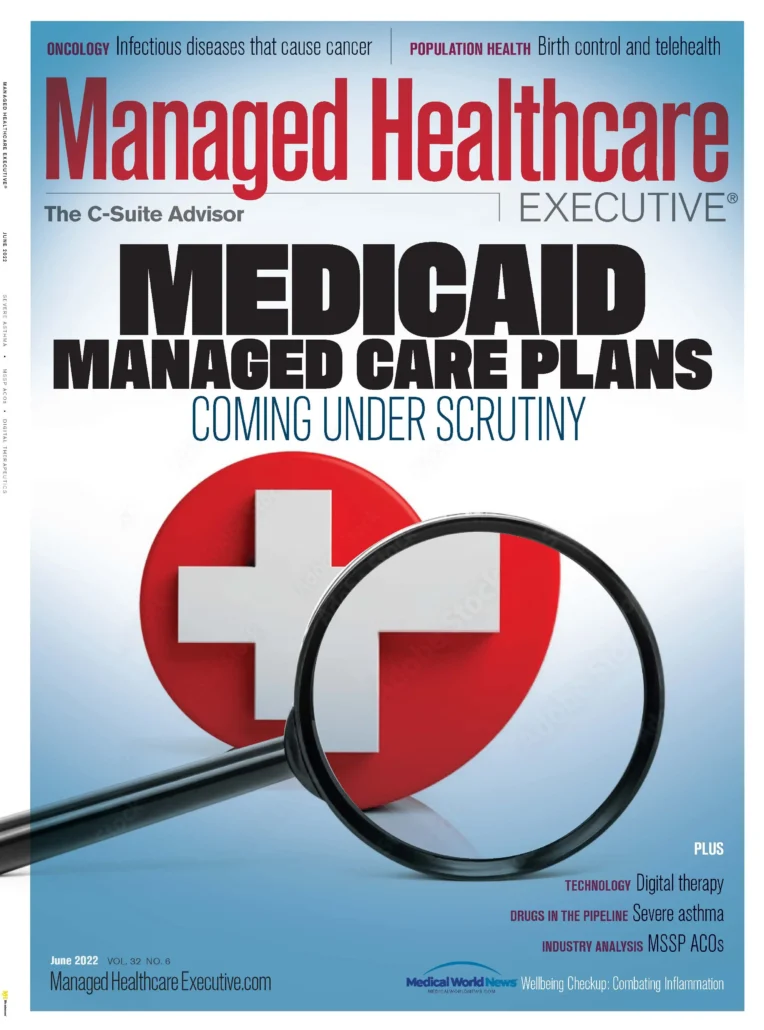Methods Used by Medicaid
Medicare Managed Care is a care center that delivers a comprehensive, innovative, and effective medical service to Medicaid beneficiaries. The organization ensures that the beneficiaries receive high-quality care at affordable prices. Furthermore, and paid a predetermined amount to cover all costs incurred. Therefore, the goal of managed care organizations is to provide more states with effective systems. More so, that can enable them to provide better-managed care at cost-effective prices (Methods Used by Medicaid).
Some of the methods used by Medicaid Managed Care institutions to save on cost for the Medicaid State Agency include; using integrated cutting-edge approaches and provision of aftercare services. Moreover, such as regular checkups, and use of proposed innovative bonds for effective delivery of health in a cost-effective way.

First, using integrated cutting-edge approaches in Medicaid Managed Care saves the Medicaid state agency money. According to Tuck & Smith, using leading-edge integrated approaches such as innovative integrated models prevents the need for costly emergency services, hospitalizations, and time spent on administrative tasks (2019) (Methods Used by Medicaid).
They provide a comprehensive approach to healthcare that ensures quality care for Medicaid beneficiaries. Moreover, by enhancing health outcomes and lowering the need for expensive treatments in the long run. Additionally, using integrated models will reduce the need for multiple specialists. Consequently, which can be costly and often result in unnecessary services. Lastly, using this model reduces the time spent on administrative tasks such as billing. Moreover, by providing a single integrated system with access to all types of care.
Moreover, providing aftercare services such as regular checkups while using preventive services will reduce the cost of the Medical State Agency. Research shows that follow-up services will improve the quality of care since the care centers can advise the patients on how to go about things rather than waiting for the patient’s condition to worsen or the disease to reoccur (Brockett et al., 2019). Follow-up services will also reduce the rate of inpatient hospitalization and emergency room visits for Medicaid Beneficiaries. Therefore, follow-up services like preventive services and regular checkups will be cost-effective for Medicaid beneficiaries, saving money for the agency.
Additionally, implementing proposed innovative bonds that increase investments in health interventions. Research shows that the additional resources managed care organizations provide to improve managed care will reduce long-term health costs, saving on costs for the Medicaid Agency (Karaca-Mandic et al., 2023). For instance, implementing health intervention resources like mental health and smoking cessation counseling will reduce any charge associated with treating chronic conditions such as lung cancer in the long run (Methods Used by Medicaid).
Specifically, doctors can break the smoking habit through such interventions, reducing lung deterioration among smokers. Additionally, the bond provides access to other services such as immunization, health promotion services, and screening which cost-effectively improves the health of Medicaid beneficiaries.
In conclusion, Medicare Managed Care centers offer high-quality care service at cost-effective prices through methods like the integrated cutting-edge approach, the provision of aftercare services such as regular checkups, and the use of proposed innovative bonds for health delivery cost-effectively. All these methods aim to improve the quality of care for Medicaid beneficiaries, saving money for the Medicaid State Agency in the long run (Methods Used by Medicaid).
References
Karaca-Mandic, P., Nikpay, S., Gibbons, S., Haynes, D., Koranne, R., & Thakor, R. (2023). Proposing an innovative bond to increase investments in social drivers of health interventions in Medicaid managed care. Health Affairs, 42(3), 383-391. https://doi.org/10.1377/hlthaff.2022.00821
Brockett, P., Golden, L., Yang, C. C., & Young, D. (2019). Medicaid managed care: Efficiency, medical loss ratio, and quality of care. North American Actuarial Journal, 25(1), 1-16. https://doi.org/10.1080/10920277.2019.1678044
Tuck, K., & Smith, E. (2019, April). Behavioral Health Coverage in Medicaid Managed Care. MCCIST – Michigan Collaborative Care Implementation Support Team. https://mccist.org/wp-content/uploads/2019/06/2019-IMI-Behavioral_Health_in_Medicaid-Report-1.pdf
